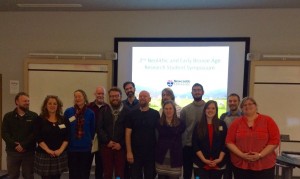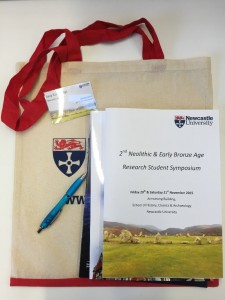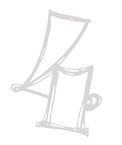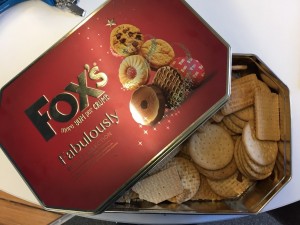Once again, the newsletter. If you would like to promote an event, please get in touch
(m.ahlers1@ncl.ac.uk).
Research Seminars
Archaeology:
Monday 22nd February, 5-7 pm, Armstrong Building, Room 2.28
Dr Eugene Costello (NUI Galway)’ Booley houses and herders: an historical archaeology of transhumance in the west of Ireland’
History:
Wednesday 24th February, 5-7 pm, Armstrong Building, Room 1.04
Aditya Sarkar (University of Warwick): ‘Arrears Due: Wage-Payment and the Labour Question in Late-Colonial Bombay’
MedLAB:
Thursday 25th February, 5-6.30 pm, Armstrong Building, Room 2.16
Philip Garrett (Newcastle University): Title TBC
Further School Events
The Extraordinary Gertrude Bell Exhibition
30th January 2016 – 3rd May 2016, Great North Museum
Newcastle University Public Lectures
Tuesday 23rd February, 5:30-6:45pm, Curtis Auditorium, Herschel Building
Helen Berry, Professor of British History, Newcastle University: Gertrude Bell and the ‘Woman Question’
Free admission
Thursday 25th February, 5:30-6:45pm, Curtis Auditorium, Herschel Building
Clive Morton OBE, Professor of Corporate Governance and Business Development, Middlesex University Business School: Tackling uncertainty in organisations –the future: opportunity or threat?
Live Music
Thursday 25th February, 4:30-5:30pm, Spaces 4 and 5, Culture Lab, King’s Walk
Student Performances
Including Desmond Lau (clarinet), Masoud Hardan (guitar), Joe Reeve (saxophone), Abigail Brierley (trumpet), Liam Mulpetre (guitar)
Free admission, limited capacity
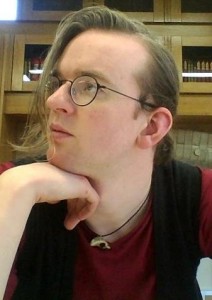
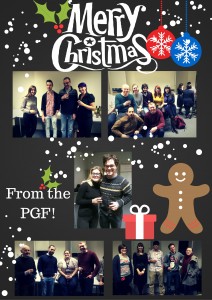
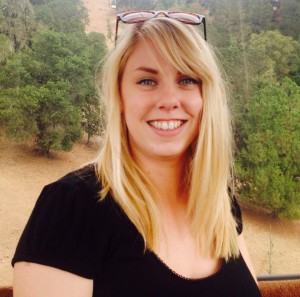
 One. Create a timetable
One. Create a timetable